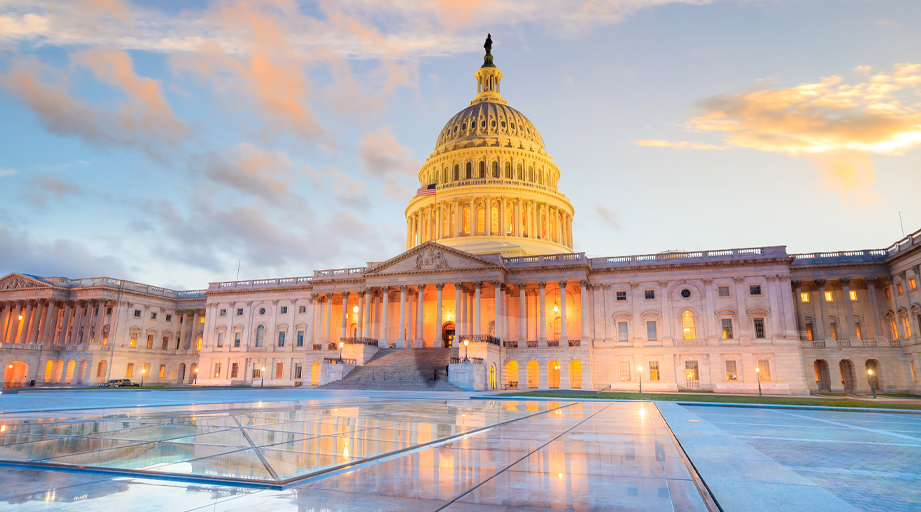
The White House’s Task Force on Reproductive Healthcare Access announced new initiatives this week focused on reproductive healthcare, including efforts to strengthen contraception access and affordability, improve insurer coverage of reproductive healthcare, and educate patients and providers about patients’ rights to emergency care.
To support these initiatives, federal agencies announced a number of new steps:
- The Departments of the Treasury, Labor, and Health and Human Services (HHS) are issuing new guidance to clarify standards and support expanded coverage of a broader range of Food and Drug Administration-approved contraceptives at no cost under the Affordable Care Act;
- The Office of Personnel Management will issue guidance to insurers participating in the Federal Employee Health Benefits program that incorporates the new joint guidance referenced above and will also require insurers to provide more information to enrollees regarding contraception benefits;
- HHS Secretary Xavier Becerra sent a letter to private plans, state Medicaid and Children’s Health Insurance Plans, and Medicare plans about their existing obligations to cover contraception; and
- To reinforce the rights of patients to emergency care during pregnancy-related emergencies, including abortion-related care, under the Emergency Medical Treatment and Labor Act, HHS announced a “comprehensive plan to educate all patients about their rights and to help ensure hospitals meet their obligations under federal law.”
“ASHP supports efforts to ensure that all patients have access to quality care, including reproductive healthcare,” said Tom Kraus, ASHP vice president of government relations. “Given the changing legal landscape, greater clarity benefits both patients and their clinicians.”
ASHP’s policy on access to reproductive health services asserts patients’ rights to access comprehensive reproductive healthcare services, including care for pre-conception, conception, post-conception, and termination of pregnancies. The policy also affirms that healthcare workers should be free to provide needed care guided by their individual beliefs without fear of retribution.
ASHP will continue to monitor the implementation of these new initiatives and update members as new information becomes available.






